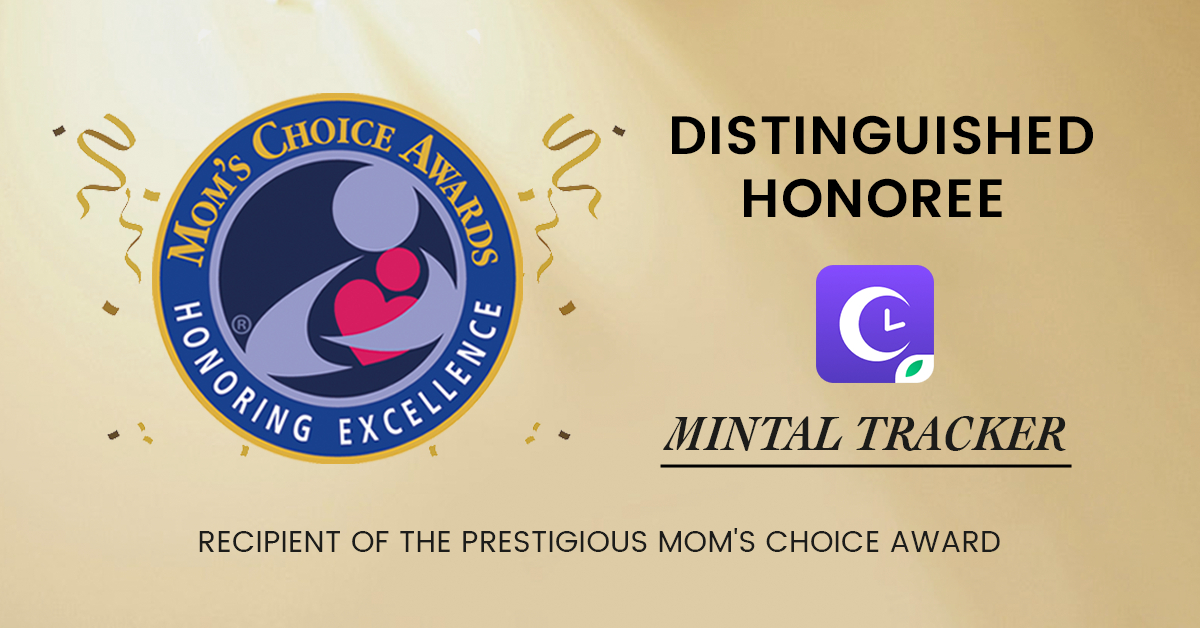Cognitive-behavioral therapy for insomnia (CBT-I) is a structured program designed to treat insomnia. CBT-I coach has been scientifically proven to be effective in treating insomnia without medication. And therefore, it’s often recommended as the first line of treatment after a diagnosis.
CBT-I coach mostly entail:
- Conditional arousal
- identify and replace behavior and thoughts causing insomnia
- reducing anxiety and other sources that cause arousal
The primary advantage of CBT-I coach over others is, it deals directly with the root cause of the problem. It helps you to develop and promote good sleep habits.

What is the Process of CBT-I Coach?
The cognitive component of CBT-I teaches you to identify and change perceptions that affect your ability to sleep. This therapy can help you control or eliminate negative thoughts and worries that keep you awake.
Step 1: Diagnosis
Your therapist will ask questions to determine if you’ve insomnia or other sleep disorder. Next, they determine if CBT-I coach is appropriate in your case.
Step 2: Analysis
The therapist will ask questions to determine what you do and how you think. The assessment is to identify your condition and the specific triggers that cause your insomnia.
Step 3: Execution
Your therapist will recommend the best CBT-I coach technique for you. You may have to use one or a combination of techniques.
Step 4: Evaluation
It entails a review of how well you respond to treatment. If the condition is not improving, your therapist will recommend other techniques to try.

CBT-I coach is most effective because it uses different multi-component approaches to identify the problem. Your therapist may use the following approaches:
- Cognitive interventions – entails attempts to restructure and change misconceptions about sleep.
- Behavioral interventions – entails stimulus control and training on relaxations.
- Psychoeducational interventions – entails teaching on the connection between feelings, sleep, and behaviors on sleep.
The best intervention to use will be based on the specific issue. However, your therapist will most likely use one or more CBT-I coach techniques on you.
CBT-I Coach Techniques for Insomnia

1. Stimulus control therapy
Uses methods that help restructure and change elements that condition your mind to resist sleep. Your bed should be for sleep and sex or leave the bedroom if you can’t fall asleep after 20 minutes.
2. Sleep restriction
Entails methods that limit your time in bed. The idea is to cause partial sleep deprivation. It makes you more tired and ready to sleep the next night when done daily.
3. Sleep hygiene
Entails changing basic lifestyle habits. If you smoke or drink alcohol, you should reduce the intake and avoid doing either a few hours before sleep. You should not drink stimulant beverages like coffee or tea a few hours before bedtime.
4. Sleep environment improved
It shows how to create a comfortable sleeping environment, such as keeping the bedroom quiet, dark and cool, keeping the TV out of the bedroom and hiding the clock out of sight.
5. Relaxation training
This method can help calm your mind and body. Specific methods include meditation, imagination and muscle relaxation.
6. Stay passive and awake
Also known as the ambivalent intention method, avoiding any effort to fall asleep. Paradoxically, worrying about not falling asleep can actually keep you awake. Letting go of worry can relax you and make it easier to fall asleep.
7. Relation training biofeedback
Entails observing biological signs like heart rate or breathing rhythm. Once a pattern has been identified, your specialist will help you retrain and adjust your biofeedback.
Conclusion
Different from medication, CBT-I coach not only relives symptoms, but also addresses the root cause of insomnia. But it takes time and effort to make it work. In some cases, combining sleep medications with CBT-I coach may be the best approach.









